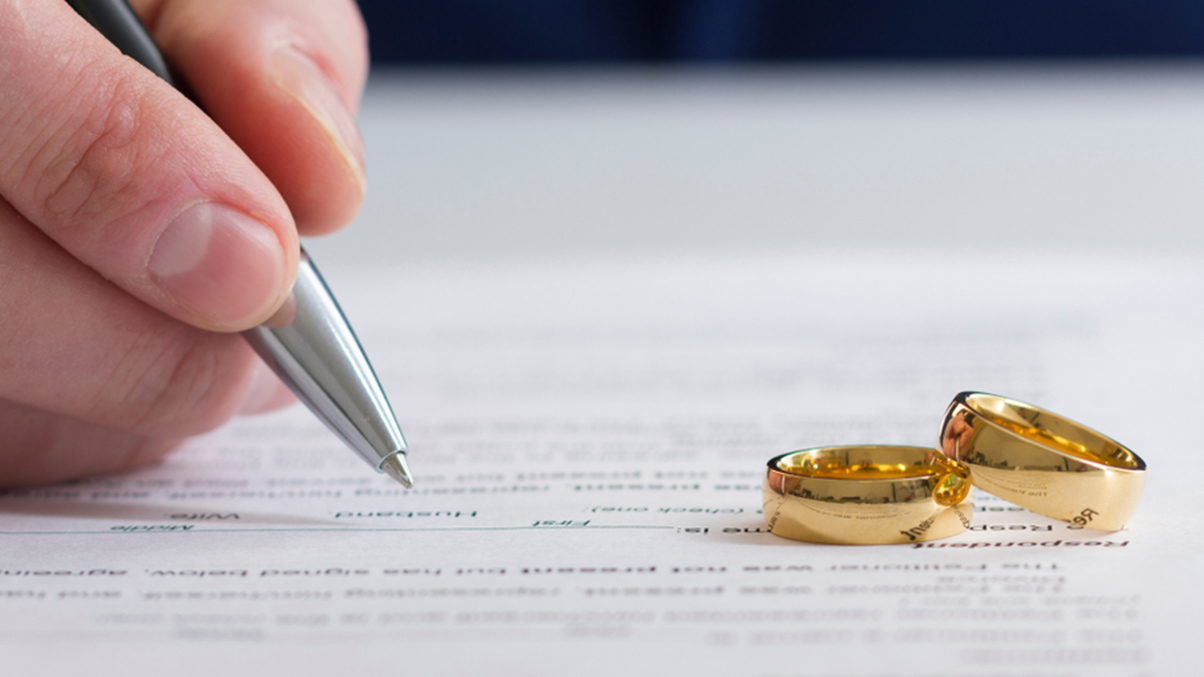In this article, Partner Emma Hatley and Trainee Solicitor Finn Smith in our Divorce and Family team, examine post-nuptial agreements and their rising importance amid the financial uncertainty brought about by the Covid-19 crisis.
What is a post-nuptial agreement?
A post-nuptial agreement (a “post-nup”) is an agreement signed between spouses during their marriage that seeks to regulate the financial consequences of a subsequent breakdown of the marriage. As the name suggests, a post-nup is distinguished from its better-known cousin, the pre-nuptial agreement, in that it can be entered into at any point during a marriage, either as a variation to a pre-nup or as an agreement in its own right.
What is the legal effect?
In contrast to much of continental Europe, in England and Wales pre and post-nups are not legally binding contracts. Here, the court retains ultimate discretion as to how assets are divided and what weight (if any) to ascribe to a nuptial agreement in its broad discretion to achieve a fair outcome on divorce.
That said, where both spouses have entered into a pre or post-nuptial agreement with a full appreciation of its implications (and in the absence of any vitiating factors), they should expect to be held to its terms unless to do so would leave either spouse in a “predicament of real need”. The mere fact that the agreement is not what a court would have awarded is not sufficient to persuade the court to disregard it.
The benefits of obtaining a post-nuptial agreement
Nuptial agreements can help protect assets against the uncertainties of a financial award made by an English court on divorce. By clearly delineating who is entitled to what on divorce, such agreements can minimise conflict when emotions tend to be running high and help avoid costly litigation.
Post-nups should be reviewed periodically to ensure that the terms do not become unfair or outdated. Doing so can also afford the agreement more credibility if the marriage does break down.
What circumstances commonly prompt couples to seek a post-nuptial agreement?
1. Restoring stability
Post-nups offer clarity and transparency, and for that reason are often attractive to couples emerging from periods of instability or conflict in their marriage.
The lockdown measures brought about by the Covid-19 pandemic have been destabilising at both a global and individual level. Many couples have been forced to spend unprecedented amounts of time together, leading to cracks in the marital façade. In some cases, this has been exacerbated by financial stresses. However, as lockdown measures are slowly starting to ease, so too are the pressures on many marriages. As couples return to a semblance of normalcy, many may consider post-nups an opportunity to restore clarity and certainty to their lives and marriages.
For similar reasons, it is not uncommon for couples to enter into a post-nup to re-set a marriage that is experiencing a breakdown of trust. The future becomes less daunting when the road map is known, and energy can instead focus on rebuilding happiness and marking a new chapter.
2. Relocation to England
International marriages commonly feature post-nups, with couples who were married outside the UK often signing a post-nup before relocating to England.
Couples typically expect their marriage to be governed by the law of the jurisdiction in which they were married or the law of their common nationality. That is not necessarily the case. The English court’s jurisdiction is based on tests of domicile and/or habitual residence (and this can apply after as little as six months). Given that England is known to be the ‘divorce capital of the world’ for its generous financial redistribution between spouses, the prospect of being the subject of an English court’s financial award is unsettling for many wealthy international families.
For this reason, many spouses choose to enter into a post-nup to avoid being exposed to the English court’s principle of sharing marital wealth equally. They might instead seek to preserve what would have been the default position in their home jurisdiction, or more commonly, limit claims to the amount required to meet their ex-spouse’s needs. In these instances, it is worth reiterating that while a fair post-nuptial agreement can carry weight on the court’s determination of a financial award, it cannot (as the law presently stands) oust the court’s ultimate discretion in an English divorce.
Due to the global lockdown, many couples’ plans to relocate to England may be postponed for the time being. Such delays could offer spouses an opportunity to take advice as to their legal position when they are eventually in a position to relocate.
3. Change in circumstances
A final scenario that commonly prompts couples to enter into a post-nup is a period of significant change, be that financial or otherwise. Where one spouse’s circumstances change substantially, and perhaps unforeseeably, they may wish for that change to be reflected in a post-nup.
Wealth inherited during a marriage is an example of this. Indeed, often the demands for nuptial agreements are external and triggered by parents or a family office. The parties may agree to ring-fence certain inherited monies and protect them from the ‘matrimonial pot’ on divorce. The same can apply where one spouse exits from a business and receives a significant lump sum.
Handle with care
Although potentially an effective means of protecting parties’ financial positions and introducing transparency to a marriage, post-nups should be treated with caution. If discussed during a period of marital difficulty, the negotiation of its terms might exacerbate those difficulties or introduce discord into the relationship. However, with good legal advice, post-nups can offer clarity when needed most.
For more information on post-nuptial agreements, click here
Covid-19 is impacting individuals and companies around the world in an unprecedented way. We have collected insights here to help you navigate the key legal issues you may be facing at this time.
You can find further information regarding our expertise, experience and team on our Divorce and Family pages.
If you require assistance from our team, please contact us or alternatively request a call back from one of our lawyers by submitting this form.
Subscribe – In order to receive our news straight to your inbox, subscribe here. Our newsletters are sent no more than once a month.








